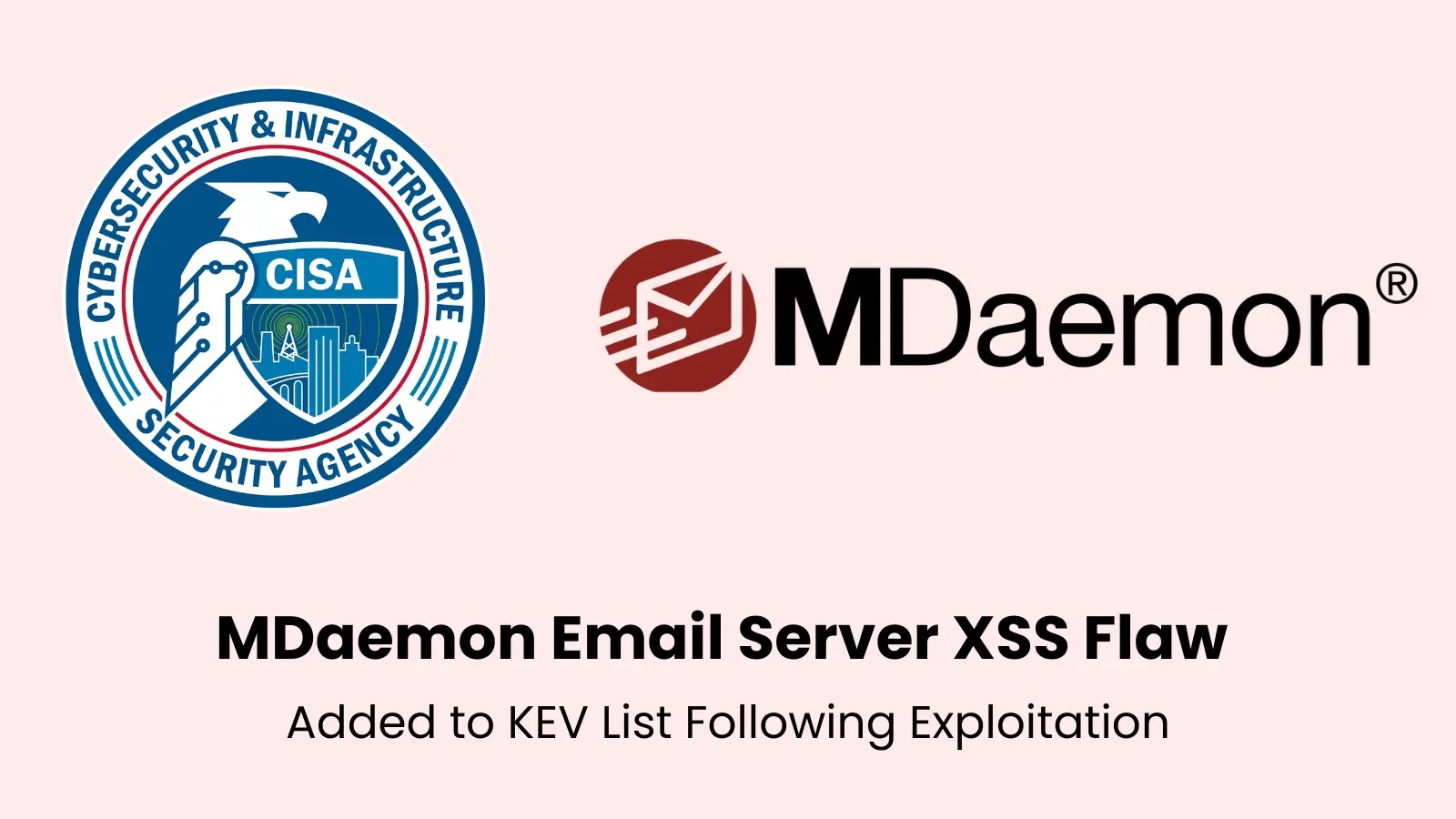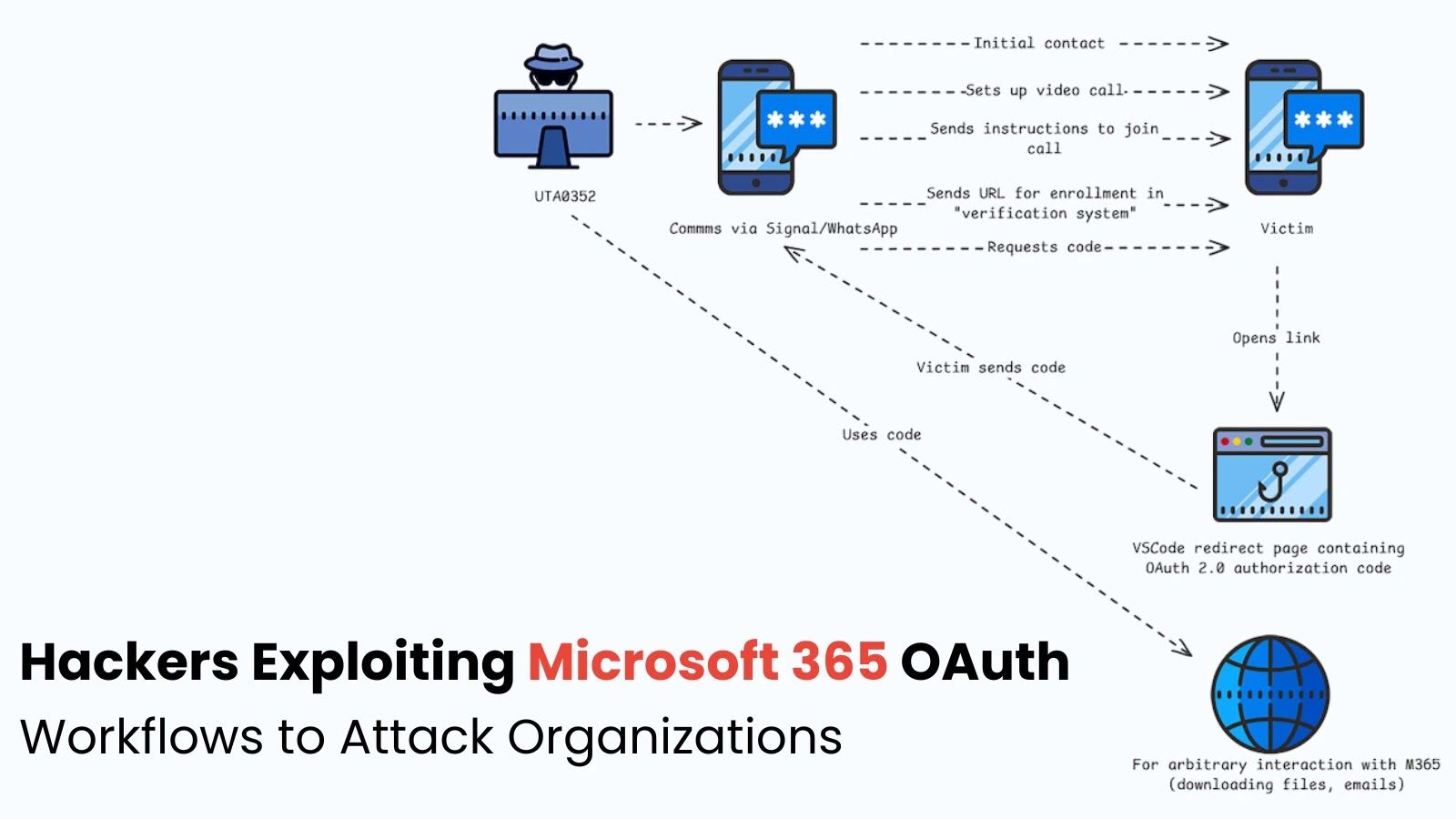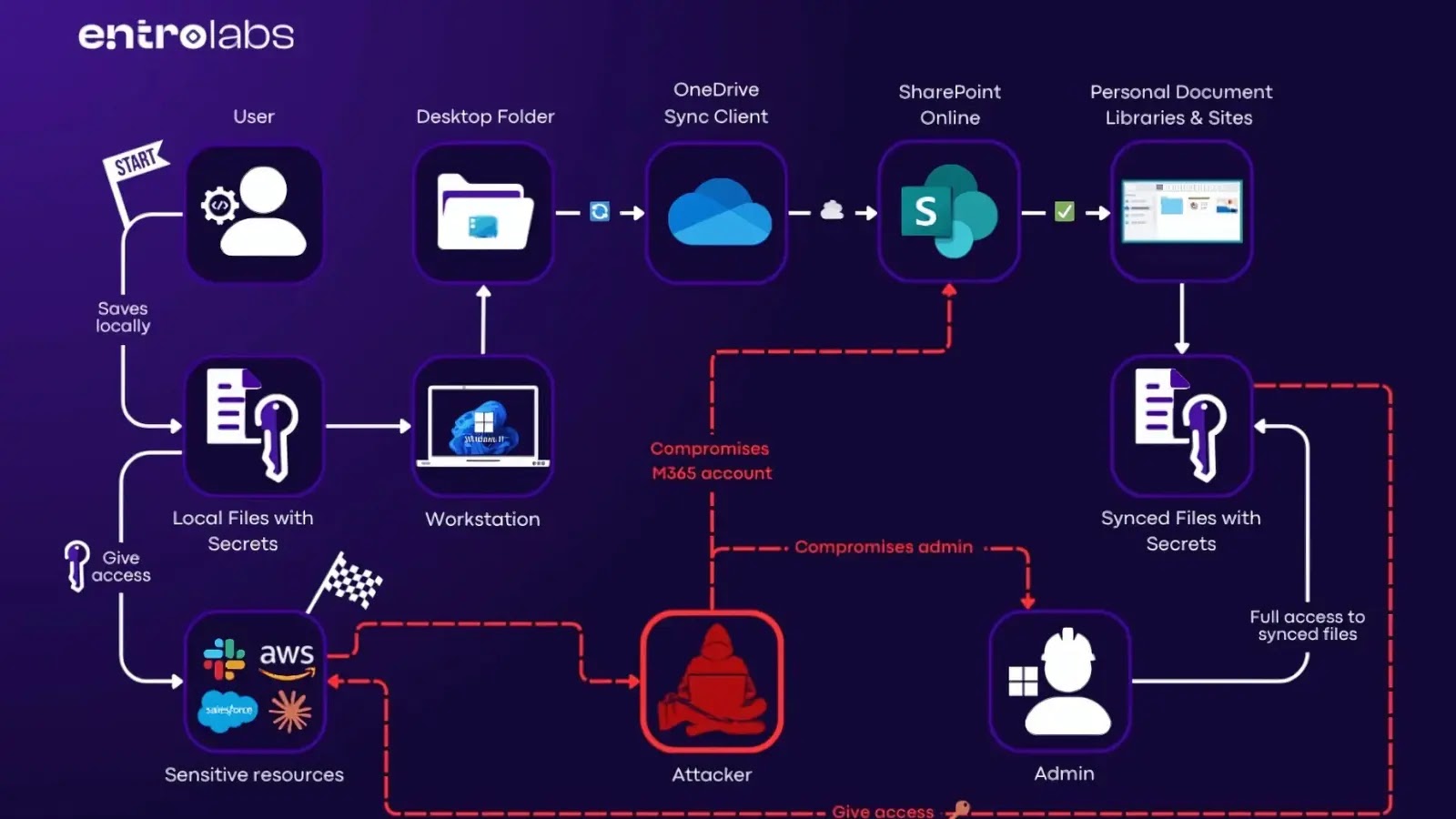The Cybersecurity and Infrastructure Security Agency (CISA) has recently expanded its Known Exploited Vulnerabilities (KEV) Catalog to include a significant security flaw affecting the MDaemon Email Server, identified as CVE-2024-11182. This vulnerability, categorized under CWE-79 (Improper Neutralization of Input During Web Page Generation, commonly known as Cross-Site Scripting or XSS), allows remote attackers to execute arbitrary JavaScript code in the context of a user’s browser via a specially crafted HTML email.
The inclusion of this vulnerability in the KEV Catalog underscores its active exploitation risk and the urgent need for organizations to apply mitigations or discontinue use if patches are unavailable. Federal agencies and enterprises rely on the KEV Catalog for vulnerability prioritization, and the addition of CVE-2024-11182 highlights the evolving threat landscape facing email infrastructure today.
Understanding CVE-2024-11182 and XSS in MDaemon
CVE-2024-11182 is a cross-site scripting (XSS) vulnerability identified in MDaemon Email Server versions prior to 24.5.1c. The flaw arises from insufficient sanitization of HTML content in email messages processed by the server’s webmail interface. Specifically, attackers can embed malicious JavaScript within the img tag of an HTML email. When a user accesses the malicious email through the webmail client, the injected script executes within the browser, inheriting the privileges and session of the victim user.
This type of vulnerability falls under CWE-79, a well-known class of security issues where user-supplied input is not properly neutralized before being included in web page output. The technical mechanism of this attack leverages the browser’s handling of HTML and JavaScript, exploiting the trust relationship between the webmail application and the user’s browser session. By injecting JavaScript, an attacker can perform actions such as stealing session cookies, redirecting users to malicious sites, or performing actions on behalf of the user without their consent.
The inclusion of CVE-2024-11182 in the CISA KEV Catalog is a direct response to evidence of active exploitation in the wild. The KEV Catalog, maintained by CISA, serves as an authoritative repository of vulnerabilities that have been exploited against public and private organizations. Its purpose is to guide federal agencies and, by extension, the broader cybersecurity community in prioritizing the remediation of high-risk vulnerabilities.
Risk Factors Details
– Affected Products: MDaemon Email Server versions prior to 24.5.1c
– Impact: Arbitrary JavaScript execution via webmail interface, enabling session hijacking, credential theft, or unauthorized actions
– Exploit Prerequisites: 1. Attacker sends crafted HTML email 2. Victim views email via a webmail client
– CVSS 3.1 Score: 6.1 (Medium)
Mitigation
In response to the disclosure of CVE-2024-11182, MDaemon Technologies has released an update addressing the XSS vulnerability in versions 24.5.1c and later. Organizations running affected versions are strongly advised to apply the vendor-provided patch immediately to mitigate the risk of exploitation. If patching is not feasible, CISA recommends following mitigation guidance, including disabling vulnerable services or discontinuing use of the product until a fix is available.
Additionally, security teams are encouraged to review and enhance email filtering and sanitization mechanisms, conduct regular vulnerability scans, and educate users about the risks of interacting with suspicious emails. For environments where patching is delayed, implementing web application firewalls (WAFs) with rules to detect and block malicious scripts can provide temporary protection.
Broader Implications of XSS Vulnerabilities in Email Servers
The discovery and exploitation of CVE-2024-11182 highlight a persistent challenge in securing email servers against XSS vulnerabilities. Email servers are critical infrastructure components, and vulnerabilities within them can serve as entry points for broader network compromises. The MDaemon Email Server has a history of XSS vulnerabilities, with previous instances such as CVE-2019-19497 affecting version 17.5.1, where attackers could execute malicious scripts via email attachment filenames. This recurring issue underscores the importance of rigorous input validation and output encoding practices in software development.
CISA and the FBI have emphasized the need for software manufacturers to eliminate XSS vulnerabilities by adopting secure coding practices. Their joint alert, Secure by Design Alert: Eliminating Cross-Site Scripting Vulnerabilities, urges technology leaders to review past instances of these defects and create strategic plans to prevent them in the future. Recommendations include validating the structure and meaning of inputs, conducting code reviews, using output-encoding functions in modern web frameworks, and performing adversarial testing to assess code quality and security.
Conclusion
The addition of CVE-2024-11182 to CISA’s Known Exploited Vulnerabilities Catalog serves as a critical reminder of the ongoing threats posed by XSS vulnerabilities in email servers. Organizations must prioritize the timely application of patches, implement robust security measures, and foster a culture of cybersecurity awareness to protect against such exploits. By addressing these vulnerabilities proactively, organizations can safeguard their email infrastructure and maintain the trust and security of their communications.



